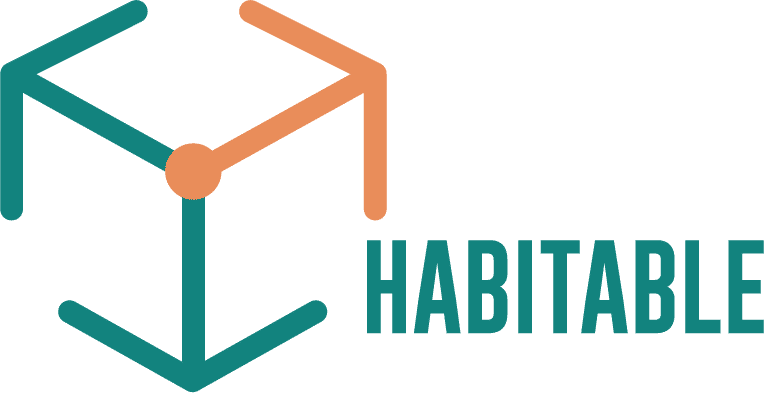An innovative unit of analysis
While projections of the number of people likely to move due to climate change are often calculated on a global scale, empirical studies are often conducted on a very local scale, making them very context-specific and bounded by national boundaries. This spatial disconnection implies that case studies can hardly inform quantitative assessments, while the latter are of little use to policy-makers, who often work on a local or national scale. In order to remedy this discrepancy, HABITABLE conducts empirical studies on a systemic scale: the unit of analysis will no longer be an administrative division, but rather a social-ecological system, which can be transboundary.
Study sites
HABITABLE focuses on four regions of the world: West Africa, East Africa, Southern Africa and South-East Asia, and SES within them. These four regions are relevant for investigating the systemic interrelations between climate change, human mobility dynamics and policy responses as their social-ecological systems are highly vulnerable to climate change impacts, and they all reveal very active and dynamic migration systems.
Study sites (here meaning geographical points of data collection) will be divided into primary and secondary.
Primary site & Methods
Primary sites are those were a common set of methods – Longitudinal Quantitative Surveys, Fuzzy Cognitive Mapping, Semi-Structured Interviews, Focus Group Discussions and Stakeholder Dialogues – will conducted in order to generate comparable, harmonized and longitudinal data and qualitative understandings.
Primary site in-country partners consist of Addis Ababa University (Ethiopia), University of Ghana (Ghana), INSTAT Mali (Mali), Raks Thai Foundation (Thailand) and Samuel Hall (Sudan).
Secondary sites & Methods
Secondary sites appear in unique Work Packages according to their analytical objectives in order to complement the results gathered in primary sites. Some of the methods to be conducted in secondary sites include Semi-Structured Interviews, Focus Group Discussion and Continuous field observations (Melax buoy).
Secondary site in-country partners are UCAD (Senegal) and CSIR (South Africa).
